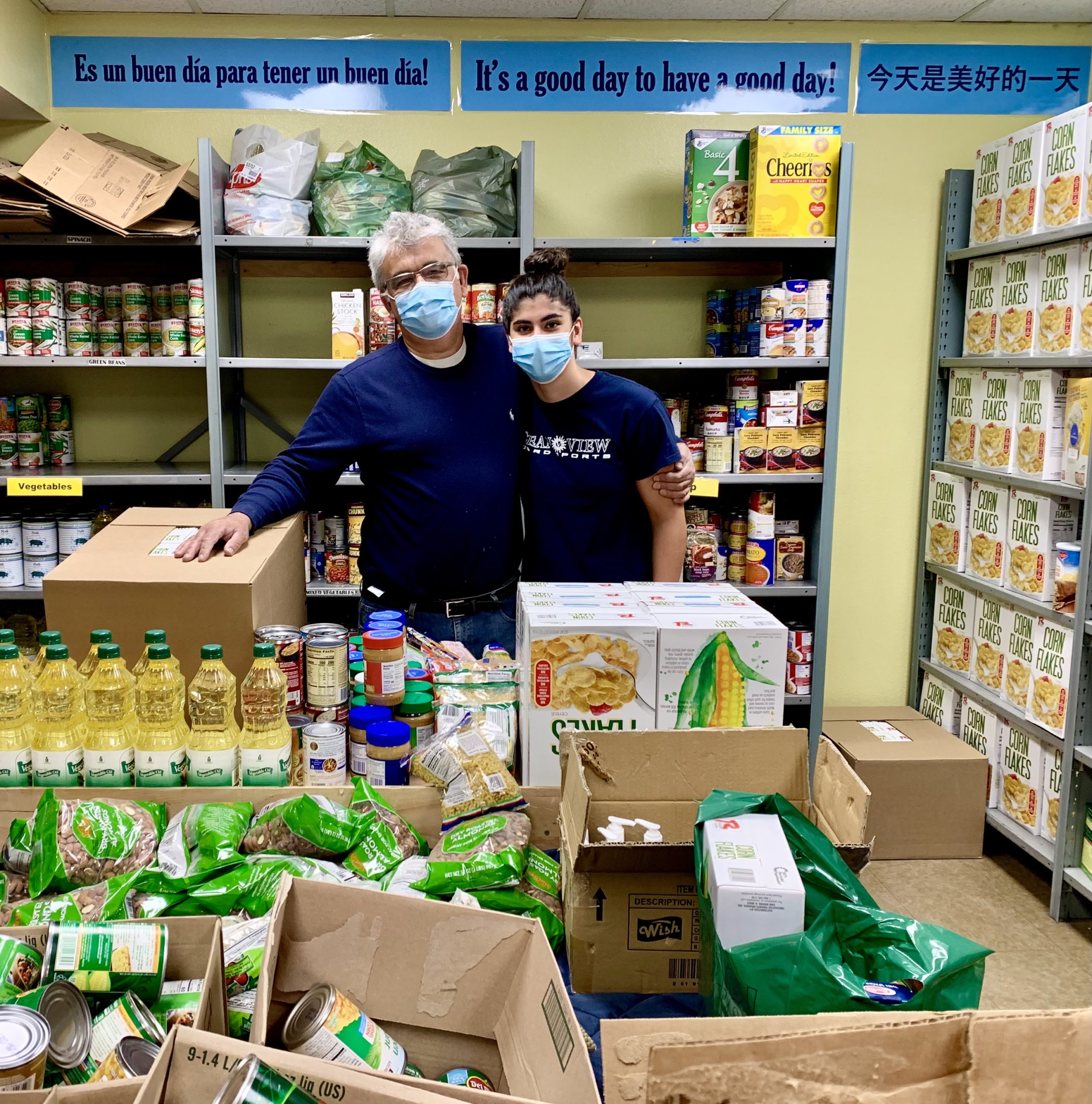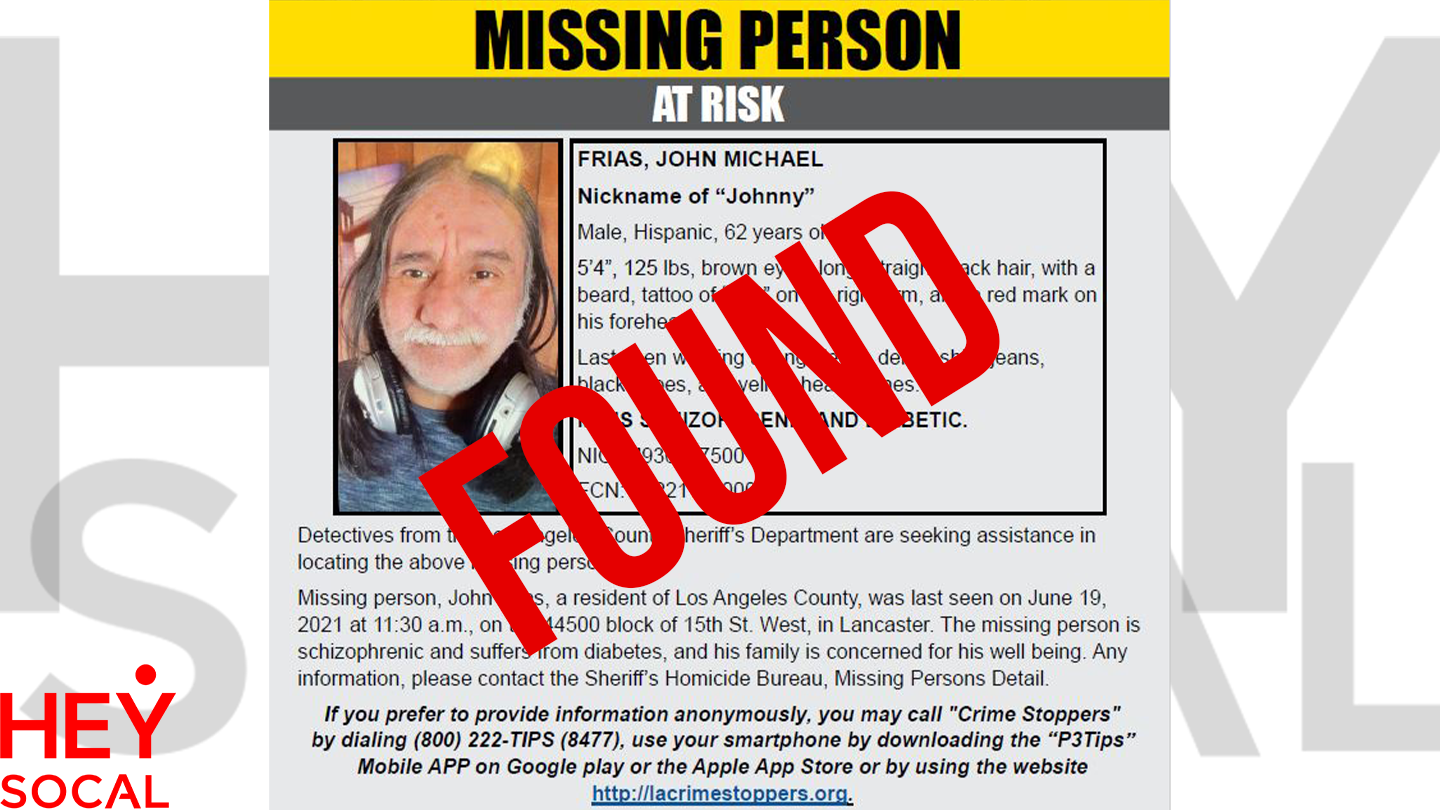The parents and widow of former Angels pitcher Tyler Skaggs, who died of a drug overdose in a Texas hotel room during a 2019 road trip with the team, filed wrongful death lawsuits against the Angels Tuesday, alleging the team knew an employee was providing players with “illicit drugs.”
“The tragedy of Tyler’s death was made worse by the revelation that it could have been avoided,” the lawsuits contend.
Skaggs’ widow, Carli, filed her lawsuit in Los Angeles Superior Court. Skaggs’ parents — Debbie Hetman and Darrell Skaggs — filed a separate lawsuit against the team in Texas. G.F. Bunting is representing the Skaggs family on the media relations front during the suits.
Skaggs, 27, was found dead in his hotel room at the Southlake Town Square Hilton on July 1, 2019. The Angels were staying at the hotel while in town to play the Texas Rangers. In October of last year, former Angels public relations director Eric Kay was indicted on two federal counts stemming from Skaggs’ death, alleging Kay distributed the fentanyl that resulted in the pitcher’s death.
The indictment returned in Texas also alleges Kay and others who were not named conspired to possess with intent to distribute fentanyl beginning in or before 2017, according to the U.S. Attorney’s Office in Dallas.
In the addition the Angels, the lawsuits also name Kay as a defendant, along with Kay’s supervisor while he worked for the team, Tim Mead, who was the Angels’ vice president of communications. Mead spent four decades with the Angels before leaving in 2019 to become president of the National Baseball Hall of Fame and Museum. Mead stepped down from that post in April of this year.
There was no immediate response to a request for comment from the Angels. When Kay was indicted in October, the team issued a statement saying the circumstances surrounding Skagg’s death “are a tragedy that has impacted countless individuals and families.”

“The Angels organization has fully cooperated with law enforcement and Major League Baseball,” according to the team’s October statement. “Additionally, in order to comprehensively understand the circumstances that led to his death, we hired a former federal prosecutor to conduct an independent investigation.
“We learned that there was unacceptable behavior inconsistent with our code of conduct, and we took steps to address it. Our investigation also confirmed that no one in management was aware, or informed, of any employee providing opioids to any player, nor that Tyler was using opioids. As we try to heal from the loss of Tyler, we continue to work with authorities as they complete their investigation.”
The lawsuits contend Angels management “knew or should have known that Kay was supplying illicit drugs to not only Tyler, but at least five other Angels’ players, i.e., 24% of the team’s active roster.”
“Kay had a long history of drug abuse, and the Angels knew about his problems with drug abuse and addiction,” according to the lawsuits. “The Angels knew that Kay had gone to rehab several times during his employment with the Angels and that he had overdosed at least once. Despite all of this, Kay had complete access to players, day and night, both off the field and on the field, who the Angels knew, or should have known, were trying to play through the pains and injuries associated with the long baseball season.
“This was a fatal mistake.”
The lawsuits seek unspecified compensatory and punitive damages.
Rusty Hardin, an attorney representing the Skaggs family, said in a statement, “Nothing will ease the pain and heartache of losing their only child and, for Carli, her husband and soulmate. But they want to get to the bottom of the circumstances surrounding Tyler’s tragic, untimely and completely avoidable death, and to hold the individuals and entities — including the Angels — accountable for the actions that contributed to it.
“As the federal grand jury indictment made plainly and painfully clear, were it not for the fentanyl in the counterfeit pill provided by Angels employee Eric Kay, Tyler would be alive today. And if the Angels had done a better job of supervising Eric Kay, Tyler would be alive today.”







